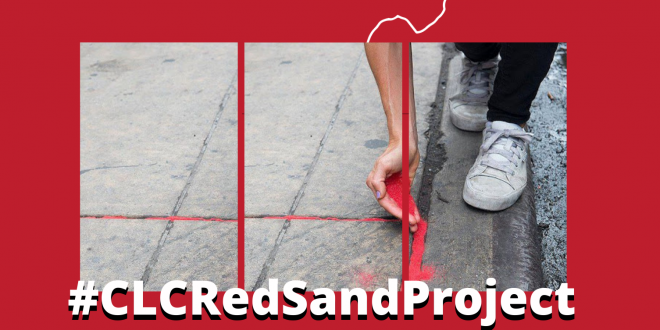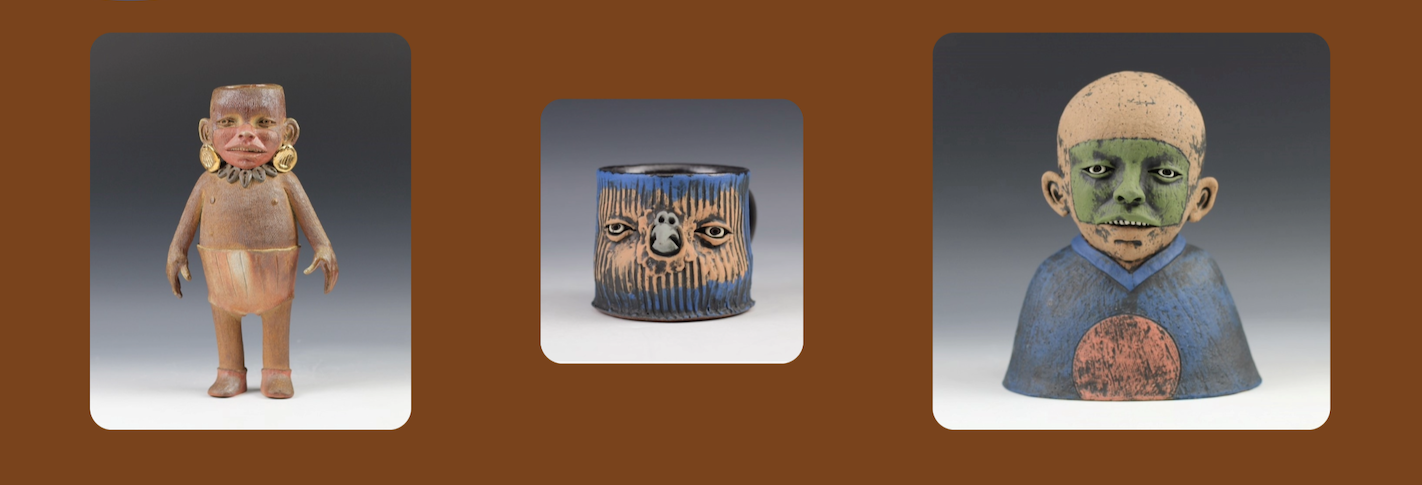Central Lakes College is partnering with several community groups to host the Red Sand Project, which brings awareness and takes a stand against human trafficking.
The community is invited to Central Lakes College’s north main entrance from 9:30 a.m.-1:30 p.m. on May 5 to see the Red Sand Project display. It is presented by CLC’s Sexual Violence Prevention Committee, in collaboration with WeARE, Safe Harbor and Sexual Assault Services.
“Human trafficking is a documented issue in nearly every county throughout Minnesota and spans across our entire world,” Mallori Sheik, Director of Accessibility Services at CLC. “Community collaboration is a vital part of the education and prevention efforts.”
Becky Twamley, Executive Director of WeARE added, “It will take the efforts of the entire community to put an end to human trafficking and exploitation. …The Red Sand Project is a wonderful way to bring awareness to the issue of exploitation and engage the community in learning ways in which each of us can take action in our daily lives to end human trafficking.”
The Red Sand Project is a participatory artwork created by Molly Gochman, using sidewalk interventions to promote awareness of the vulnerabilities that can lead to human trafficking and exploitation. This will be done by taking red sand and filling it in the cracks of the sidewalks of the college’s main entrance. Visitors will be able to get more information from community agencies, read statistics and data on human trafficking, and receive giveaways.
“Without leadership in the region and state, cycles of violence and trafficking will continue, and more people will die. We cannot heal our communities if we have not done the healing work ourselves,” said Mary Sam, Dean of students, Equity and Inclusion at CLC. “Healing ourselves is really hard work; healing our communities is even harder. Both take courage.”
Kate LePage, a Safe Harbor Navigator added, “The Brainerd lakes area has identified the need to address this problem for years and has worked in a collaborative space between governmental systems and advocacy-based agencies to better identify and respond to victims/survivors throughout Crow Wing County. We currently have three funded programs in the Brainerd lakes area offering services specifically to victims/survivors of trafficking. Additionally, we have identified the need to create culturally responsive programs to best serve our populations that are at the greatest risk.”
 CLC News The news and events from Central Lakes College
CLC News The news and events from Central Lakes College


